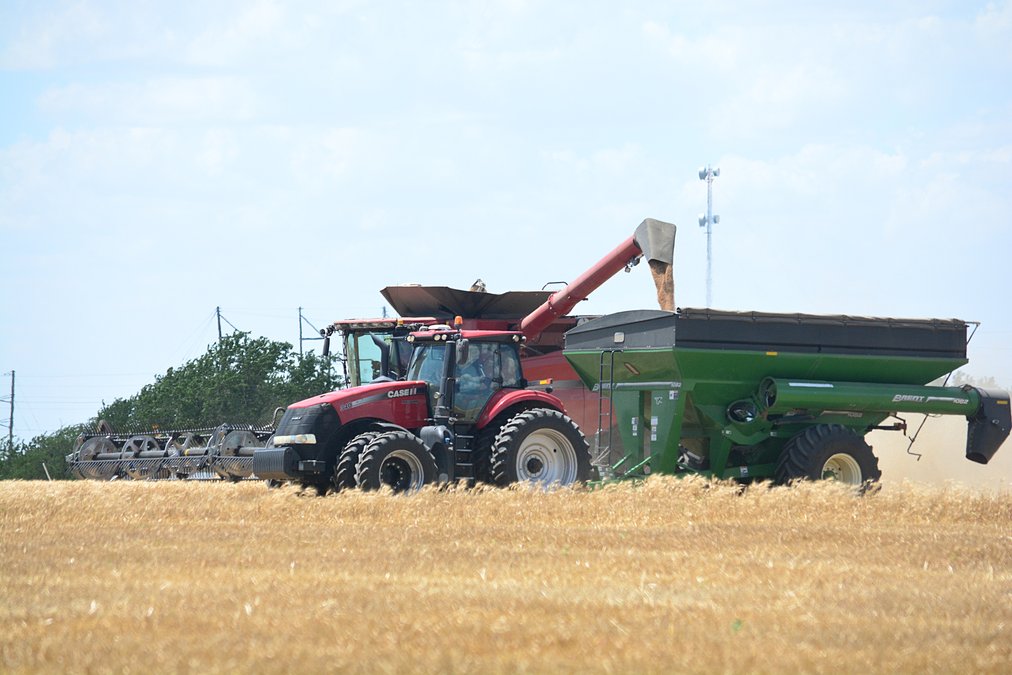MANHATTAN — In a move hailed by those in the agricultural industry, Kansas Farm Bureau this past week announced the creation of the Rural Kansas Apprenticeship Program, developed with a grant from the Kansas Department of Commerce’s Office of Registered Apprenticeship to help address workforce needs in rural communities across Kansas.
“In my job as an account manager for Rosen’s (an agri-marketing firm), I have customers from Hugoton to Tonganoxie,” said Roger Long, Barton County Farm Bureau president. “Everyone is on a constant lookout for talented, motivated individuals. The Great Bend area is certainly no different.”
RKAP is Kansas’ first registered apprenticeship program focused solely on agriculture and rural communities to provide industry-driven career pathways for farmers, ranchers and small businesses serving agricultural areas. Registered apprenticeships benefit employers by developing a skilled and loyal workforce. Meanwhile, apprentices enjoy a full-time job with a certified credential showing mastery of their craft.
“Agriculture, at all levels and at every facet, is in need of talented employees,” Long said. “Many jobs in agriculture do require specialized skills so programs like apprenticeships provide those skills and bring awareness to the pool of opportunities for students.”
“We’re excited about this partnership opportunity to offer a program where employers and employees grow alongside each other,” said Joel Leftwich, KFB chief strategy officer. “RKAP will assist businesses to create individual programs to meet their needs while employees will receive on-the-job training, mentorship and increased earning potential.”
“Apprenticeship programs allow us to expand the skill sets of our workforce to meet the needs of rural communities,” said Shonda Atwater, director of Apprenticeship and Internship for the Kansas Department of Commerce. “Investing in talent – a key pillar in the Kansas Framework for Growth – is critical because it creates opportunities for our young people to thrive.”
Registered apprenticeships can be tailored to meet the needs of every business and industry. The model has proven successful amongst other industries including construction, healthcare and manufacturing for many years in Kansas.
“I believe any program that encourages cooperation and communication between businesses and our educational institutions is a great thing.” Long said. “It gives students purpose and motivation in their educational pursuits.
For more information on RKAP, contact Leftwich at leftwichj@kfb.org or visit the Office of Registered Apprenticeship at ksapprenticeship.org.





